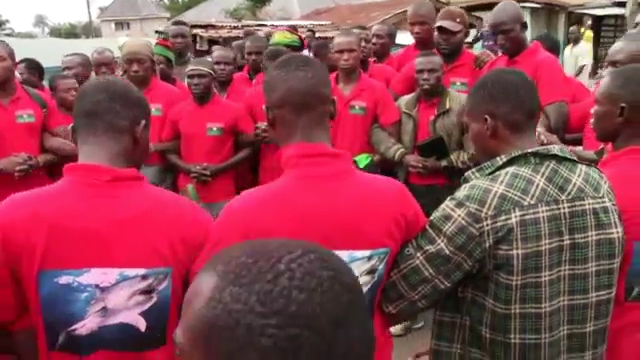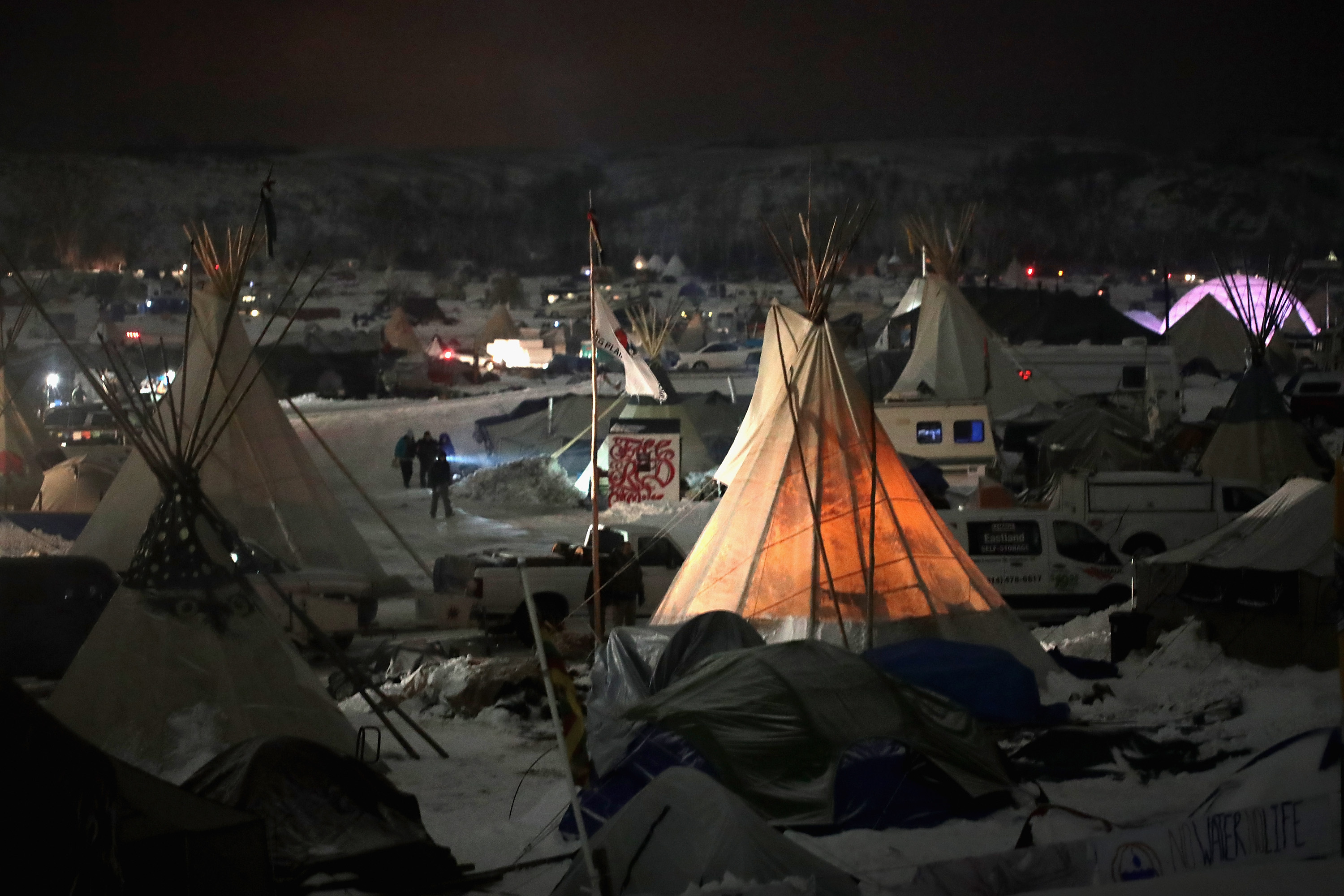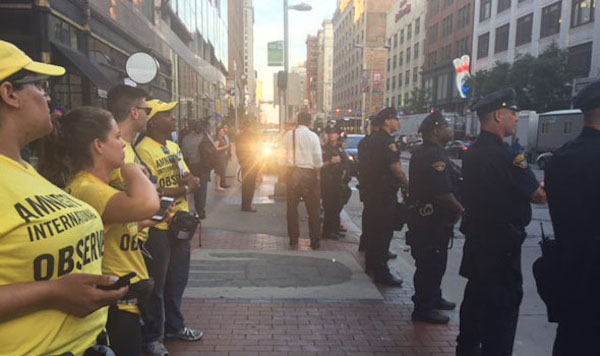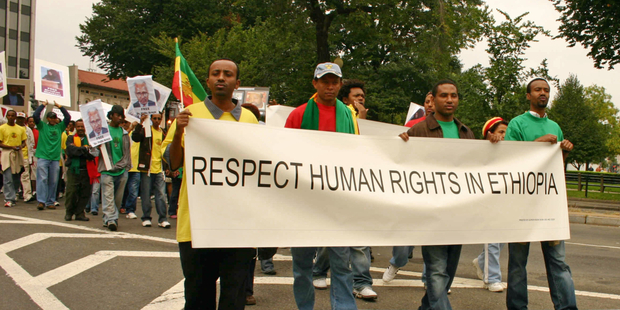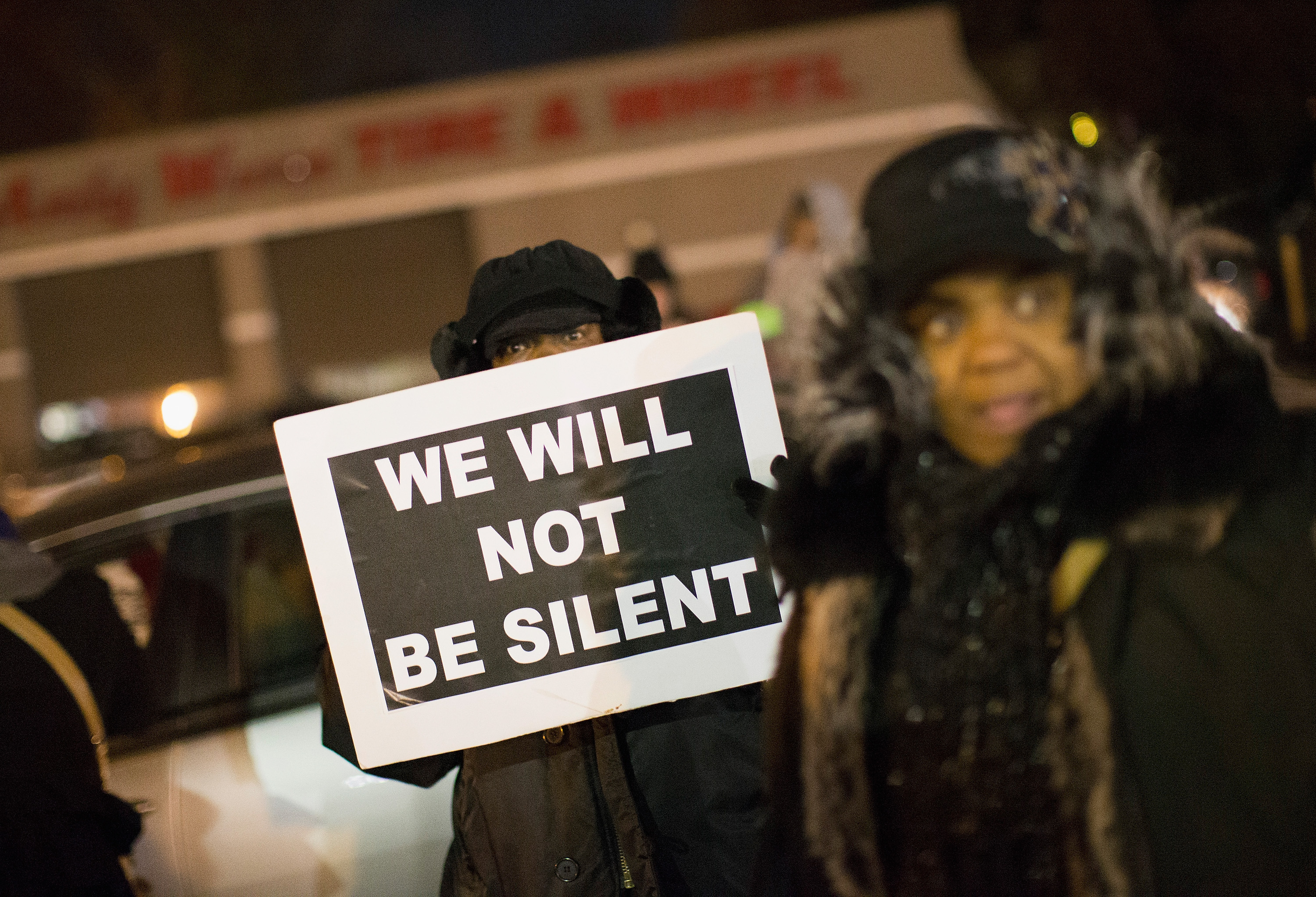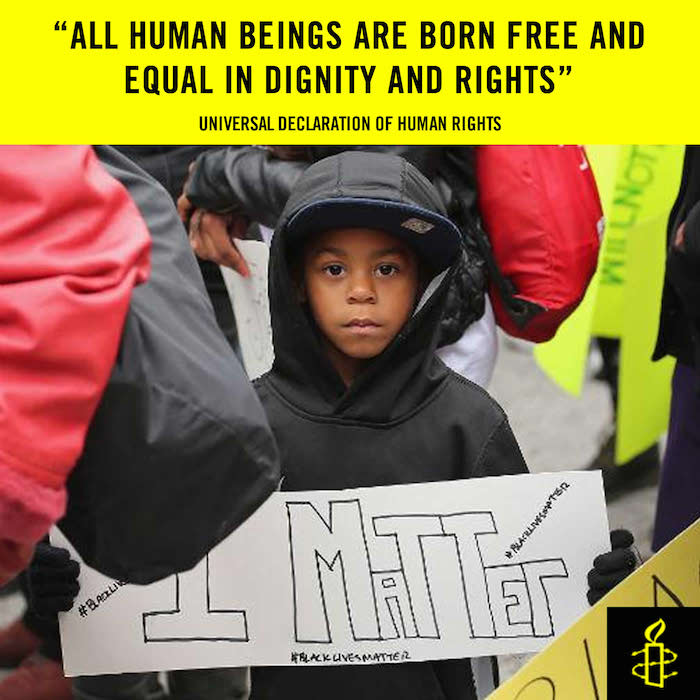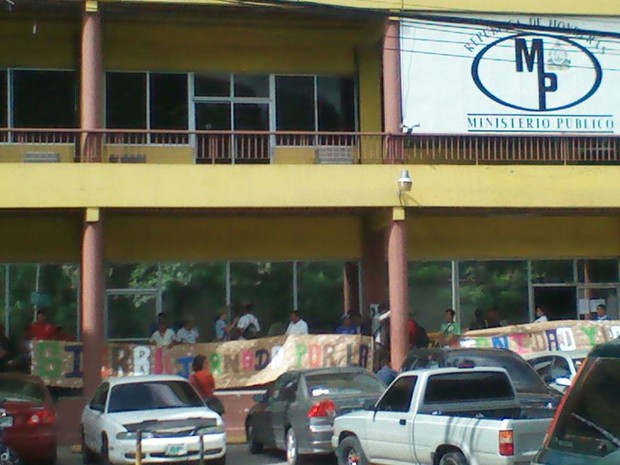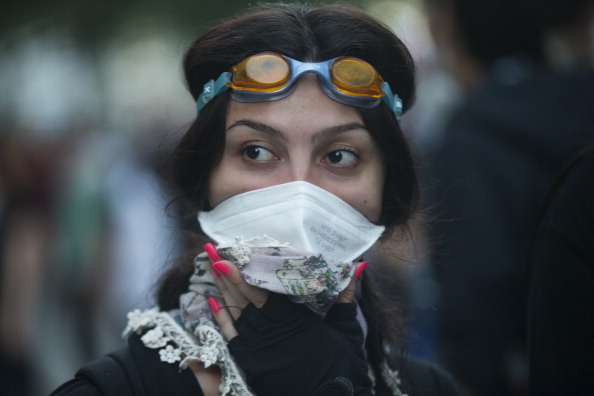 Women of Zimbabwe Arise (WOZA) took to the streets of Zimbabwe over the last two days to commemorate International Day of Peace. As the flyer they handed out during their march explains,
Women of Zimbabwe Arise (WOZA) took to the streets of Zimbabwe over the last two days to commemorate International Day of Peace. As the flyer they handed out during their march explains,
“[I]t is a year after the global political agreement (GPA) was signed on 15 September 2008. This deal was supposed to bring peace to Zimbabwe. The United Nations theme this year is: Better than a thousand empty words is ONE WORD that brings peace. The GPA contains 6,567 words but we are yet to see if these words really stand for peace. Because we are still waiting for peace, WOZA members decided to choose a theme that shows the politicians how they can bring meaning to their words: Our theme: Social Justice will bring Peace of Mind.”
Over 1,000 members of Women and Men of Zimbabwe Arise (WOZA/MOZA) took to the streets of Harare yesterday. Riot police responded but no arrests or violence occurred. Six simultaneous protests converged on the offices of the United Nations, where a petition asking the UN to help intervene in Zimbabwe to restore the health and education sectors was handed in to officials in the building. The petition also called on the UN to pressure the inclusive government to stop the harassment of vendors and ordinary Zimbabweans by police.
Today at noon in Bulawayo, 1300 human rights defenders came together to repeat yesterday’s march. Their songs were silenced however as riot police swooped, beating women and men alike, to disperse them from reaching their target at Mhlahlandlela Government complex. No arrests have been reported to date but WOZA leaders are still verifying whether everyone returned safely to their homes. One man had to be driven to the hospital as he was unable to walk after being beaten by four riot police at the same time; he has a fracture to his arm and doctors are still waiting to check his leg and lower back. Over twenty other members are also seeking medical treatment at this time for the brutal beatings they received at the hands of police.
A group of men watching the man being beaten tried to mobilise people to beat the police in retaliation. This action was quickly stopped by WOZA members who explained:
“We are non-violent activists and any history should write that the people who disturbed the peace with violence were Zimbabwe Republic Police officers, not peaceful human rights defenders.”
One of those who managed to side step the beatings was Jenni Williams, who proceeded to the government complex. They chanted slogans and left the placards and demands behind before walking peacefully away. A police vehicle was deployed to locate WOZA leaders Jenni Williams and Magodonga Mahlangu after a police officer said they should stop beating just anyone and look for the leaders to beat.
Since the power-sharing deal was signed in September 2008, 40 WOZA activists have been arrested on seven separate occasions after peaceful protests, WOZA leaders Jenni Williams and Magodonga Mahlangu spent three weeks in Mlondolozi Prison and hundreds of peaceful Zimbabweans citizens were brutally beaten by police for merely speaking out about the hardships in their lives.
I guess if you are beaten every other time you march you are still doing better than when you are beaten EVERY time you march…
